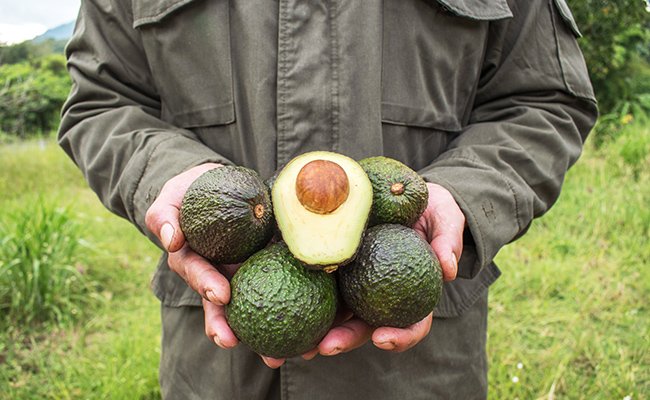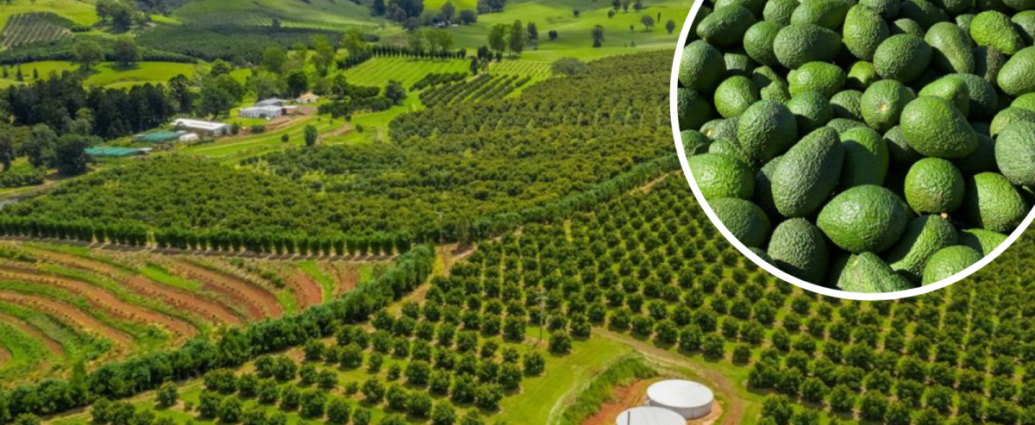America’s love affair with avocados is having a devastating impact on Mexico’s environment. The insatiable demand for this trendy fruit has fueled a surge in deforestation in the western part of the country, with over 25,000 acres of forest cleared to make way for avocado orchards.
This environmental destruction is further exacerbated by violence and corruption, as criminal gangs and corrupt officials exploit the lucrative $2.7 billion avocado export trade.

The surge in avocado consumption has been driven by market forces in the United States, where consumption has skyrocketed from 55 million pounds about 20 years ago to 2.25 billion pounds from 2019 to 2021. As a result, 90% of avocados sold in America come from Mexico, making it highly likely were grown on deforested land.

There isn’t really anything wrong with avocado trees, which are native to Mexico and were first grown as a crop about 5,000 years ago but the problem lies in the replacement of diverse forests with monoculture avocado orchards, which reduces biodiversity and eliminates carbon sinks.
Furthermore, avocados require more water than the trees they replace, leading to water scarcity for local communities. Unsustainable agricultural practices used in avocado cultivation also contribute to soil degradation.

The illegal and destructive expansion of avocado farming is fueled by corruption and violence. Criminals and corrupt officials often turn a blind eye to illegal deforestation, while those who oppose it face threats and intimidation. This situation underscores the urgent need for stricter regulations and enforcement to protect Mexico’s environment and the livelihoods of local communities.
Reference- The New York Times, National Geographic, Futurism, Bloomberg






